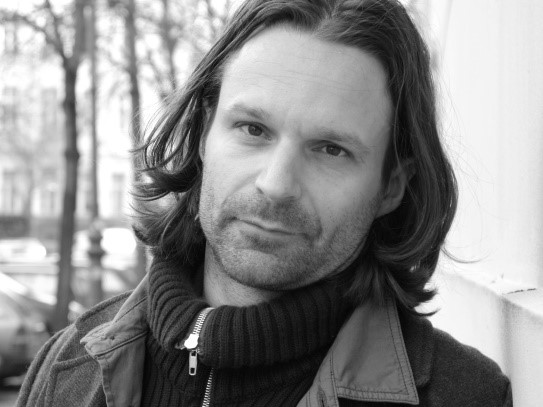
Moritz Rinke
Moritz Rinke, born in 1967 in Worpswede, studied drama, theater, and media at the University of Gießen. In 1997 his second play, Der Mann, der noch keiner Frau Blöße entdeckte, was awarded the PEN Club’s Literature Prize and nominated for the Mülheim Dramatist Prize, as was his Republik Vineta (Republic of Vineta), which was voted the best German-language play in 2001, and in 2008 was filmed for the cinema. Rinke’s first work in film, September (director: Max Färberböck), in which he also made his debut as an actor, was invited to Cannes in 2003. His play Café Umberto, in which the unemployed occupy a job center and create a new society, was performed on numerous stages in 2005 and has become part of the curriculum in schools and universities. Rinke has been the subject of a ZDF/ARTE film, Mein Leben – Moritz Rinke (My Life – Moritz Rinke). His first novel, Der Mann, der durch das Jahrhundert fiel (The Man Who Fell through the Century), was published in 2010 and immediately became a best seller. His play Wir lieben und wissen nichts (We Love and Know Nothing) (2012) has been performed on over 50 national and international stages. His new novel, Der längste Tag des Pedro Fernández García (The Longest Day of Pedro Fernández García), was published in August 2021. He lives in Berlin.
Moritz Rinke was a resident at Tarabya Cultural Academy from May to September 2013.